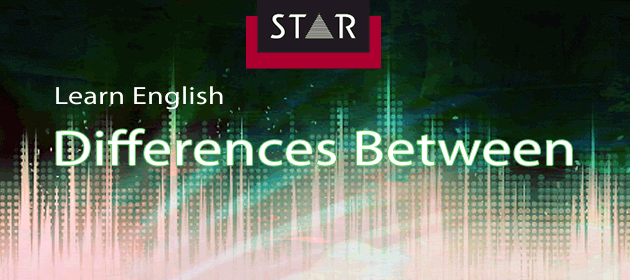
Difference between specially and especially
Difference Between Specially and Especially in English
It’s probably not something you put much thought into, and just went with whatever sounded right to you. But there are subtle differences between both words.
Instead of just diving in and explaining these differences, let’s start with some sample sentences. Can you tell us if they’re correct or not?
- I don’t want to be treated especially.
- It’s difficult to learn a new language, especially when you’re older.
- The service at the hotel was specially good.
- His speech was written specially for this occasion.
Which ones would you like to change?
Warning: the answers are at the bottom!
The Explanations
Figured them out yet? If not, then perhaps the definition of each will help…
Both are adverbs; they are not interchangeable, although in some instances they can be reversed.
- Specially
- Used to mean for a particular purpose
Examples (of specially in use):
- This shower gel is specially designed for people with sensitive skins.
- This computer programme is specially for children with learning difficulties.
- My father made this model aeroplane specially for me.
- Especially
- Used to mean above all or particularly
- Often used before adjectives; meaning particularly
Examples (of especially in use):
- These butterflies are particularly noticeable in April and May, especially in these meadows.
- You’ll enjoy playing tennis at our local club, especially on weekdays when it’s not so busy.
- The road between Cairo and Alexandria is especially dangerous at night.
- It’s a bit nippy, but it’s not especially cold for this time of year.
Special — Especial
The adjective especial is rarely used today. It’s only use is confined to particular contexts where it collocates with nouns, e.g. especial interest, especial value. Especial is only used to emphasize the exceptional value or nature of what is is describing.
The other adjective special means important, or something that is different from the norm.
Examples (of special in use):
- You’re a special person…
- On special occasions…
- In special situations…
- She is a special adviser…
- Special effects
- Special offer!
The Answers
Feeling learned! Do you have your answers at the ready?
At the beginning, we asked you which sample sentences are correct and which ones aren’t…
- Incorrect: it’s specially NOT especially
- Correct: it’s especially
- Incorrect: it’s especially NOT specially
- Both: it’s correct to use both adverbs in that example, but it’s common to use especially!
Examples of use from the BBC’s Learn English courses


